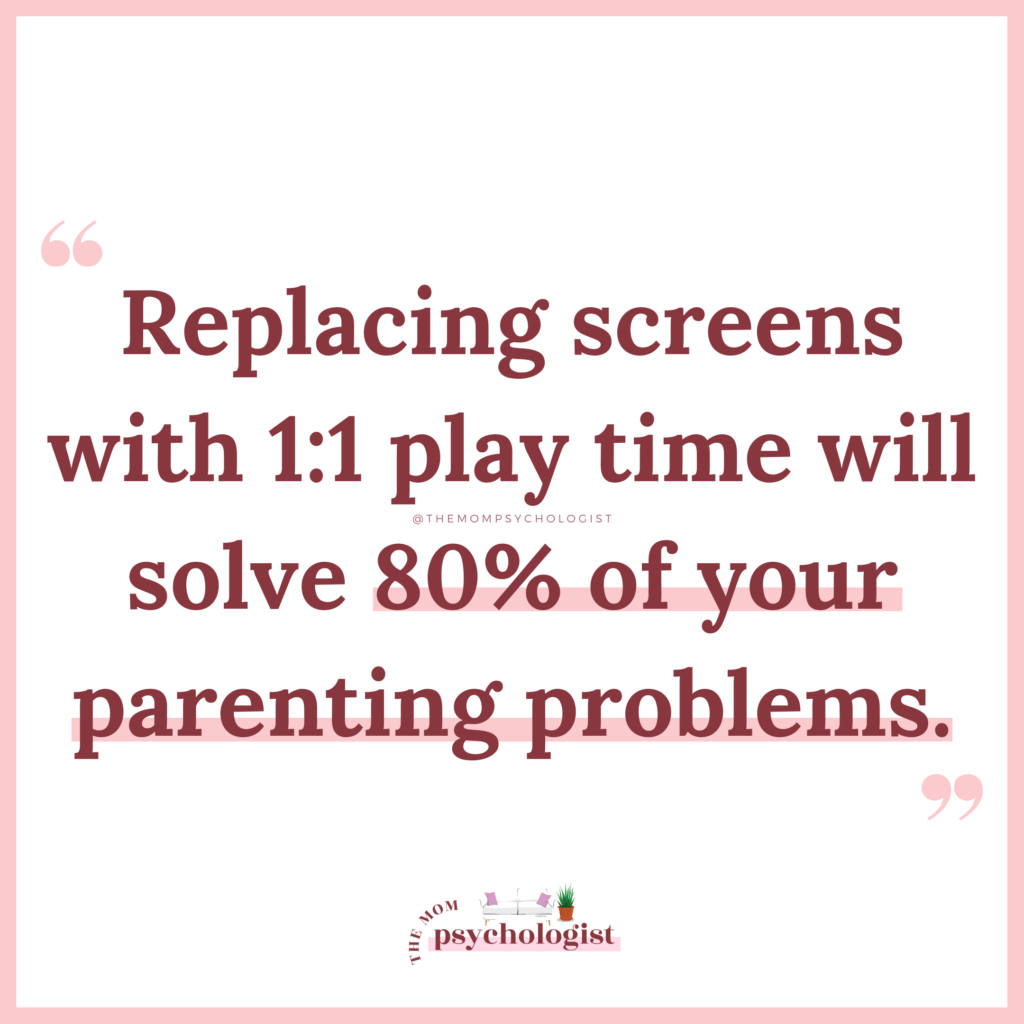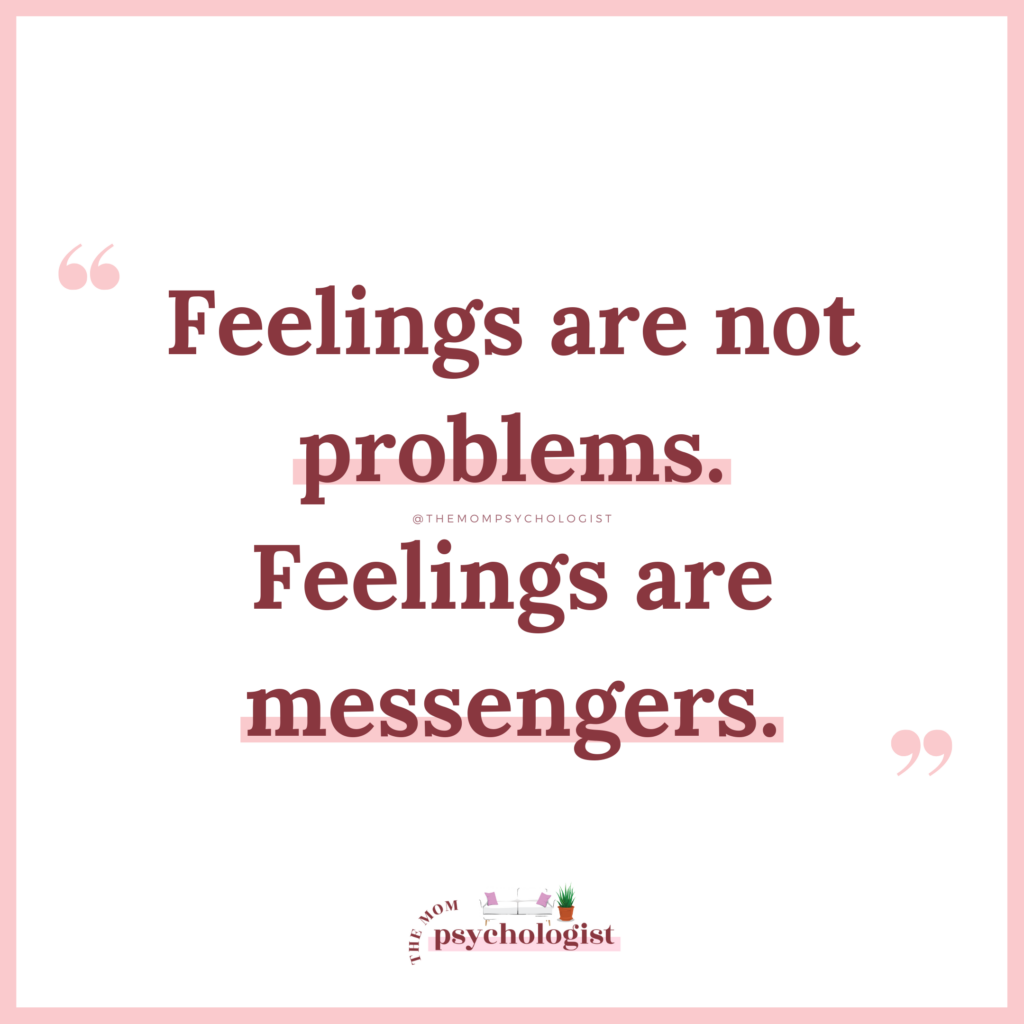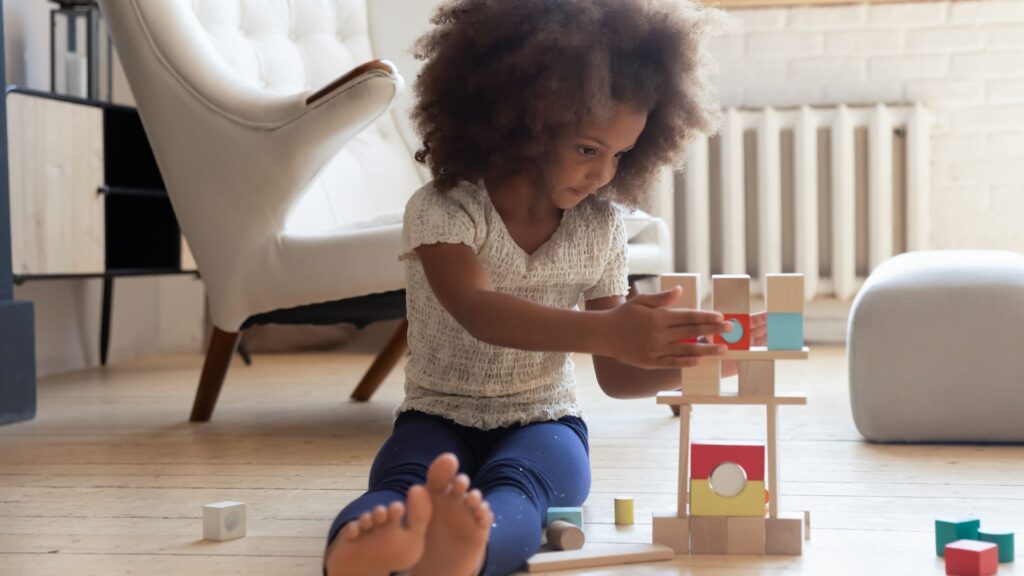watch now!
A place where I discuss all things related to toddlers and motherhood!
Subscribe to my Youtube channel
As a clinical psychologist, published author, and mother to two cheeky young children, I get it. I’ve spent YEARS researching and filtering through the noise online, so you don’t have to.
PARENTING TIPS
POTTY TRAINING
ANTIRACISM
PLAY
Blog Topics
SIBLING RIVALRY
SCREEN TIME
TANTRUMS
DISCIPLINE
Hi I'm Dr. Jazmine
6 Hard Truths That Will Make Your Life Easier As A Parent
topics:
Would you rather listen? Click here for the podcast episode!
Children’s misbehavior is often a reflection of issues within the family system. Behavior doesn’t exist in a vacuum and as parents, it’s vital we zoom out so that we can accurately understand what’s going on.
It’s much easier, though, to focus on our child and changing them. They’re the problem. They need to change.
The harder (more effective) work is using their behavior as feedback that something is off in the family, our relationship with them or how we’re interpreting their behavior. This requires self-reflection, honesty and a willingness to change.
I was recently coaching a mom inside my private membership who had concerns about her child lying. While at school, her child had got in trouble and she came home and lied about it. The mother was understandably concerned about her daughter – not only because of her misbehavior at school but that she tried to conceal it. This started a hard, yet productive conversation about their relationship and how misbehavior is commonly handled at home.
In this letter, I want to share the biggest mindset shifts you can make that will help

streamline your thinking so you can focus on what truly matters – your relationship with your child.
These are not “easy” or “simple” shifts to make. Truly understanding these truths calls you to question what you’ve been taught as a parent and ultimately change or adjust your parenting mindset and approach.

Truth #1: Your kids will lie to you less when you make it safer to tell the truth.
All children (& people in general) want to do well and be perceived well. Lying often stems from a deep need to protect our sense of self and preserve our closest relationships. It is a protective mechanism that children learn to do when they feel afraid to get in trouble or be perceived negatively.
So in order to prevent lying, focus on creating safety within your relationship especially when your child makes mistakes. Whether your child makes a mess, gets into an argument with their sibling and wacks them, or does something without your permission, rather than rushing to yell and punish – learn to take a pause and create safety first.
I know in the heat of the moment, our impulses can take over. We respond out of habit and as if things are emergencies, when they’re not.
Most problems are “fixable problems” –
- If your child makes a mess, focus on them cleaning it up.
- If your child makes a mistake, focus on the next best step they can take to get back on track.
- If your child doesn’t listen to your instructions, focus on your approach (not theirs).
My online discipline course helps you learn how to train your brain to find solutions whenever there is a problem, rather than dwell in the problem and punish your child.
Punishment does nothing but vent your anger on your child. It does not teach or fix the root of the issue.
Another practical way to prevent (or cut back on) lying is to use children’s media to point out when characters lie to avoid getting into trouble and have open and honest conversations about this.
Here are some talking points to have with your child (ages 5 and up) to help them understand themselves and others:
- Lying is often done to 1) stay safe and 2) be perceived well especially by those we admire or depend on for survival.
- Lying has long term consequences (i.e., people might not trust us, weakened connection).
- Other options instead of lying (i.e., asking for help)
Also, when your child makes a mistake and takes accountability for their actions (e.g., “I did that.” or “I’ll pick it up.”), start acknowledging this directly – “Thanks for taking accountability for your actions.” Teach them what “accountability” means and why it is important.
Bonus points – whenever you can model this for your kids and take accountability for your mistakes. 😉
Above all else, show your child through action and modeling that it’s ok to make mistakes and that it pays off to tell the truth (vs. lie). Remember, your child will lie to you less when it’s safer to tell the truth.
Truth #2: Replacing screens with 1:1 play time will solve 80% of your parenting problems.
Now this is not a perfect science but the sentiment is true – focusing on connection and adding warmth and play into the relationship will lead to less behavioral issues.
For many modern families, including mine, screens tend to take up too much time. If we’re not careful, they will replace the time we spend playing with our kids. Then we wonder, “Why is my child so difficult?” the minute they are off screens.
Screens are a distraction and if you are having behavioral challenges with your child right now, you cannot afford distractions.
This is why one of the biggest pieces of advice I offer parents inside my membership when parents report issues with aggression is to

1) ditch the screens and 2) devote more time to play (and teaching skills).
Ditch screens and pick up play.

Truth # 3: As a society, we are too hyper-focused on hurrying our children to become independent.
When we force our children to be independent before they are ready, we are inviting more anxiety, clinginess and regression. We cannot help our children become independent by resisting their dependent needs.
Yes, push kids beyond their comfort zones.
Yes, trust in your child to do hard things.
Yet, if they are struggling, take it as a sign that they need help and guide them. Resist the urge to force independence. Follow their cues and challenge yourself not to make decisions based on your own fears of dependency or what others will think
Inside my membership, a mom recently asked a question about her 2-year old’s challenging behavior at the playground. When I suggested that she stay close by, she seemed surprised. She shared with me that many of her family members were calling her a “helicopter parent” when she did this and encouraged her to step back and let him have more independence.
Here’s are two things I need you to know:
- Staying close by offering your child support and guidance (especially in unfamiliar settings) is NOT helicopter parenting.
- Pay more attention to your child’s behavior, not other adults especially when it comes to how to parent. Trust your intuition and your child to guide you. They will show you (with their behaviors) what they need from us and it is crucial we listen. The truth is that whenever children exhibit “problematic behaviors”, they are showing us they need more support and guidance NOT less of it.
Don’t force independence on a child who is already struggling.

Truth #4: The problem is not your child. The problem is not necessarily you either. The “problem” lies in the relationship and how you two relate to one another.
Behavior cannot be looked at in isolation. Behavior must be viewed in the context of its environment (E.g., adults, setting, time of day, what triggers it, etc). Oftentimes, in order to change behavior, you have to change the relationship, which means you have to be willing to change how you show up.
There are so many complex reasons why your child might be misbehaving, but oftentimes it stems from underlying frustration and/or lack of connection with you. I share how to understand our child’s behavior in more depth in this YouTube video.
Also, the better relationship you have with your child, the more influence you have with them. This means they are more likely to follow directions and otherwise want to listen to you because they feel good about themselves and the relationship and want to preserve this feeling. We have to ask ourselves, “Does my child have any reason to want to listen to me? What’s really in it for them?”
I know this is an uncomfortable question to ask ourselves because society has taught us that we need to control our kids and that if they’re not listening to us, we are failing.
Kids don’t owe us blind obedience. They will eventually figure this out when they are teenagers and have more freedom. So I urge you – figure this out now, while your children are young. Focus on building positive influence (not control).
How to build positive influence with your child (RAC):
- Relationship: View the parent-child relationship as sacred and the most important priority (over control and dominance). A huge piece of this is having full acceptance of your child. Not conditional acceptance based on what they do or how well they listen. More and more try to see your child for who they are (not who you wish they would be).
- Apologize and take accountability: In order to build positive influence with our child, we must make an effort to regularly check-in with ourselves about our parenting approach and decisions. We have to own our mistakes and apologize for them. This is how we build trust and true (healthy) authority.
- Conversate: True conversation is a back-and-forth dialogue (not a one-sided lecture). Whenever there are issues in your relationship (e.g., child misbehaves, conflict, etc), take time to check-in, see their point of view, and discuss solutions collaboratively after difficult moments.
Truth #5: It’s not your job to control their feelings and get them to calm down.
During intense emotional storms, your job is to witness their feelings (not control them) – and set boundaries as needed.
This one trips up a lot of parents (and adults in general) because witnessing intense or “negative” feelings is overwhelming. Our mind tricks us into believing feelings are problems that need to be solved.
When our kids are babies, we understand their crying is a sign that they need our intervention – whether by putting them down for a nap, feeding them, comforting them, or otherwise helping in some way.
As our children get older, adults tend to stop having compassion for their feelings. Feelings are viewed as an inconvenience and something that needs to be shut down. But just as infants cry for a purpose, so do older children. Whether to vent and share their feelings, express a need for comfort, or to gain support in some way – crying is ok. It’s healthy.

As a collective, we have been taught to avoid feelings and chase happiness. We have been conditioned to think if we are not happy or at least calm, something is wrong with us. We’ve been taught not to feel, to numb, avoid, pretend. Hence, why addiction and negative coping skills are so prevalent in our society.
The toxic pursuit of joy and feelings of calm are keeping us sick. Rather than deal with our feelings, we push them out of conscious awareness, making it more likely those feelings show up in other areas of our lives.
I don’t want this for your family. I want your child to learn how to actually deal with their emotions. I want your child to learn that feelings are ok, they are normal, they are safe.
In order for kids to learn this, though, adults need to stop saying, “Don’t cry. Don’t be sad. It’s ok. There’s nothing to worry about. Shhhhh!”
In order to stop saying these things, we need to stop thinking feelings are problems.
Feelings are not problems. Feelings are messengers. It is what we do with our feelings that matter.
We know this but in the heat of the moment when our kids are losing their sh$t, it is easy to forget. So I will keep reminding you.
One more time for the people in the back – It’s not your job to control your child’s feelings. Your job is to witness feelings, offer support and comfort while setting boundaries as needed. That’s it. Take the load off your back.
My upcoming tantrum (& aggression) course, which will be released in Fall 2024, will help you navigate the world of emotions (both yours and your child’s) in a much deeper and practical way. Stay tuned for more!

Truth #6: It’s not your responsibility to entertain your child 24/7.
Along the same lines of “taking the load off” I want to discuss the toxic attachment we have to busy-ness in our culture. Constantly filling the space with conversation, screens, and activities sends the message that solitude and silence are to be avoided.
I talked about this in a recent episode on bedtime mistakes. Children who do not know how to be alone with themselves will struggle more with bedtime.
Around preschool age, start to teach them how to be alone with themselves. But this needs to come after connection. You can’t just throw your child in the empty room and say, “Go play!” An easy way to make this a part of your daily routine is to replace naps with quiet time. If you need help with this, check out my video on how to transition from naps to quiet time.
That’s it for now. If you need more support in your parenting journey, be sure to check out my private membership, that comes with parent coaching from yours truly, an array of parenting masterclasses (e.g., discipline, tantrums, aggression, defiance, sibling conflict, etc), and a community of amazing parents.
Are you still reading this? If so, let’s talk in the comments. Which truth stands out to you most? Did you have any AHA moments while reading?
Thanks for reading and being open to growth.
Growth looks good on us. 🤗🌱
Until next week,
Dr. Jazmine
Was this helpful? Save it for later!

Leave a Reply Cancel reply
Copyright The Mom Psychologist® 2025
grab my free script pack!
explore
work with me
information
About
Blog
YouTube
Podcast
Privacy Policy
Terms of Use
Product Disclaimer
Contact
TMP Times (Newsletter)